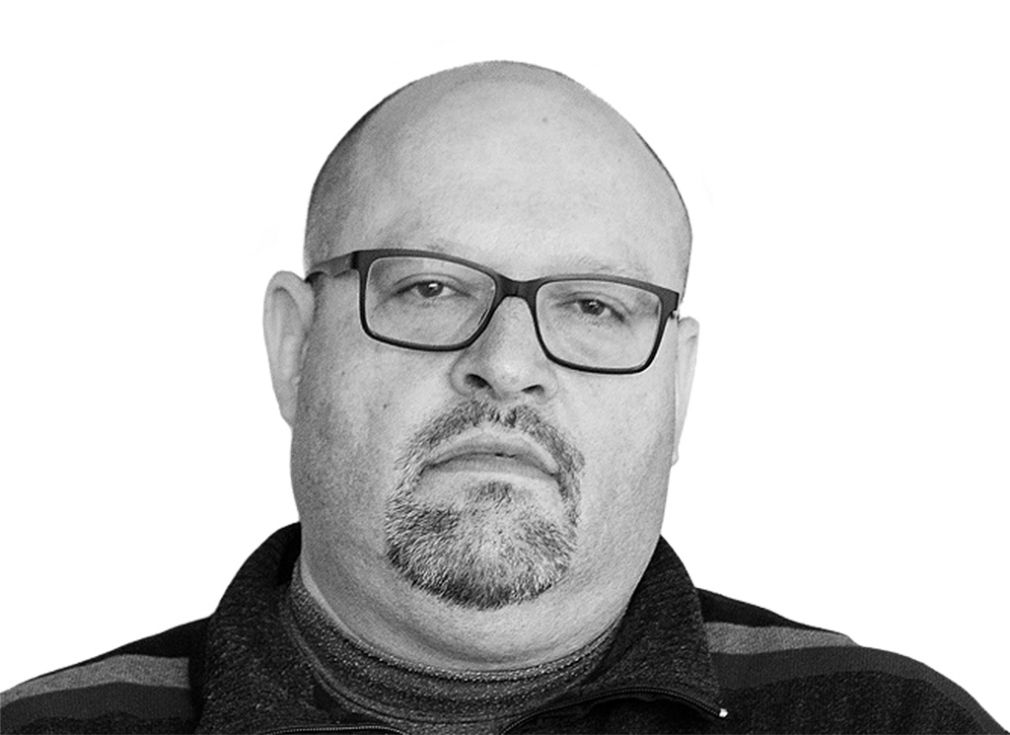By: Dr Matevž Tomšič
At a time when we are ruled by “freedom”, it seems as if we are living in some kind of post-orwellian times, when words and concepts mean the opposite of what is officially declared with them, i.e., what is written about them in dictionaries and lexicons; that is, from what they are supposed to really mean.
The most obvious example of this is the so-called depoliticisation to almost all areas, carried out by the rulers. Thus, the new law on public broadcasting was officially adopted with the aim of “depoliticising” this institution. Although from the content of the law and even more so from the way it was adopted (according to an expedited procedure, which is intended for emergency situations), its purpose is clearly evident: to replace the management and governing bodies whose personnel composition is not to the liking of the ruling group.
In some ways, Golob’s depoliticisation of public broadcasting resembles Putin’s “denazification” of Ukraine. It is about establishing control – in one case over an institution, in the other over a state – under the guise of high-flying words about a kind of liberation. In essence, this means an attempt at “normalisation”, as it was understood during communism, when it meant that after the Party dogmatists had dealt with reform forces (as, for example, in Slovenia with the group around Stane Kavčič in the early 1970s), things returned to a “normal” state (read: to the orthodox version of the communist regime). According to the ruling leftists, the normal situation at the “national TV” (as well as in other public institutions) is only when all key positions are occupied by their personnel. Anything else is an unacceptable deviation. If, by chance, someone who is not morally and politically suitable ever occupies the position of director or editor, everything must be done to keep him in that position for as little time as possible. If there is no other way, even by changing the law.
The law, which will allow the ruling group to replace the management and governing bodies of public radio and television and establish long-term control of the left option over it, will apparently come into force soon. Its opponents failed to gather sufficient support in the referendum. Moreover, a significant majority of the referendum participants supported the law. Apparently, the mobilisation that the left succeeded in the last parliamentary elections is still being maintained, at least to some extent. However, its voters probably regard this institution more as their own (remember the slogan of the protesters: Public RTV is ours!), while many voters on the right have more than given up on it, which is why they did not like going to the referendum either (saying that they do not watch or listen to it anyway).
The political left, together with its media activists, managed to create the impression that under the new management, almost everything is wrong National Radio and Television. That the management exerts political pressure on journalists, which causes them to leave en masse, which makes the programme bad, as “parade” shows are cancelled, and incompetent personnel are hired. What actually happened was that the (mainly television) programme was somewhat more pluralistic, as they also presented some of the topics that are not part of the left-wing political agenda, and even those who are not on the left “line” had a say. However, it is far from the right “taking control” of the national TV. Changes in the positions of the general director, director of television and a few editors, as well as the employment of a handful of new journalists could not bring radical changes in the reporting, which was still predominantly left-wing.
However, changes will certainly occur now that the “freedom” law will come into force. We can be sure that the newly created council as the central body of the institution will be strongly dominated by “orthodox” personnel. And the national TV will be in the “correct” hands again.

